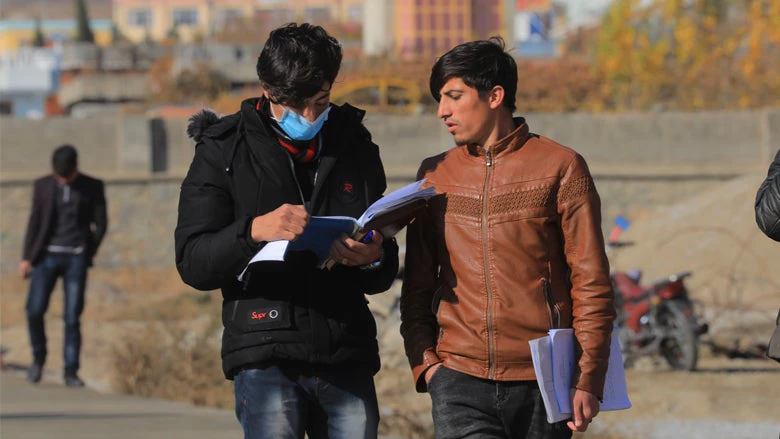In the lead-up to the World Bank-IMF Annual Meetings, the Latin America and Caribbean Region VPU of the World Bank is co-hosting and attending the Americas Conference.
The Americas Conference got off to a good start today after addressing two of the most pressing issues facing the region: the impact of the financial crisis, that has engulfed Latin America for more than a year, and the political impasse that is rocking democracy in Honduras.
A group of World Bank experts told the meeting of Government and business leaders that Latin America is turning the corner vis-a-vis the financial crisis -one of the region’s worst-, as some countries were already showing signs of an early recovery.
 Brazil is taking the lead in terms of economic recovery given the strength of its relationship with Asia, which is also showing signs of a recovery. Other big economies such as Argentina and Chile should soon join Brazil in the recovery hall of fame. The region’s other powerhouse, Mexico, is set to recover by 2010, but it would do so quickly and strongly, according to regional projections by our chief economist, Augusto de la Torre.
Brazil is taking the lead in terms of economic recovery given the strength of its relationship with Asia, which is also showing signs of a recovery. Other big economies such as Argentina and Chile should soon join Brazil in the recovery hall of fame. The region’s other powerhouse, Mexico, is set to recover by 2010, but it would do so quickly and strongly, according to regional projections by our chief economist, Augusto de la Torre.
Nevertheless, our experts reminded the conference that there likely would be a high human cost to this crisis. Sixty million people were lifted out of poverty in 2003-2008 in Latin America, and some 8 million people risk being pulled into poverty as a result of the downturn.
The economic crisis does not need to turn into a human crisis as well, warned the World Bank delegation.
 Meanwhile, Costa Rica’ s President and Nobel Peace Laureate Oscar Arias made an impassionate appeal to Honduran leaders asking them to find a peaceful resolution of what he called a “ breakdown of democracy ” in the Central American country.
Meanwhile, Costa Rica’ s President and Nobel Peace Laureate Oscar Arias made an impassionate appeal to Honduran leaders asking them to find a peaceful resolution of what he called a “ breakdown of democracy ” in the Central American country.
Arias said that the only way out of the three-month old crisis would be for the de-facto leaders to comply with the San Jose Accord which calls for reinstating ousted President Manuel Zelaya.
The Americas Conference also devoted its attention to another regional hotspot –Haiti.
Former US President and special UN envoy for Haiti, Bill Clinton, said that the island nation is seeing the strongest support ever from private sector leaders in Latin America, the US and Europe, which can put it on the path of sustainable growth. Haiti is currently the poorest nation in the Western Hemisphere and registers Sub-Saharan African levels of poverty.



Join the Conversation